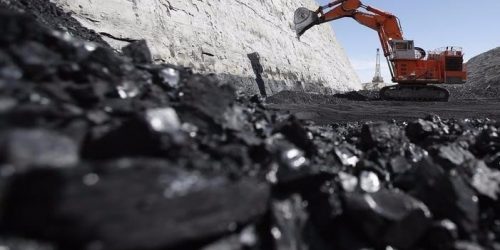China’s decision to build more coal plants is a setback for climate action, but analysts say it could still meet its long-term emission reduction targets and may even have scope to raise its ambition at Cop26 in Glasgow.
In recent days, Beijing has announced a buildup of coal capacity to address the most severe power cuts in a decade, which have caused rolling blackouts in half its provinces.
This is of global concern, because China is by far the biggest source of carbon dioxide with 29% of all emissions, more than the other G20 countries combined. If China cannot kick its addiction to coal, the world has no chance of reaching the Paris agreement goal of keeping global heating to well below 2C and to pursue efforts to limit it to 1.5C.
China’s president, Xi Jinping, and premier, Li Keqiang, have made it clear that domestic energy security and economic development take priority. The government has ordered coalmines to increase production and made the first new coal-fired power plant announcement in more than a year.
At first sight, this seems at least a softening of China’s commitment to the climate cause, like a horrible case of deja-vu, a throwback to the first decade of the century when China was building new and bigger furnaces every week to power an economy growing at double-digit speed. It appears to complicate Beijing’s commitment to peak its emissions by 2030 and reach net zero by 2060. Some commentators fear it could jeopardise Cop26, because China is key to a successful outcome.





